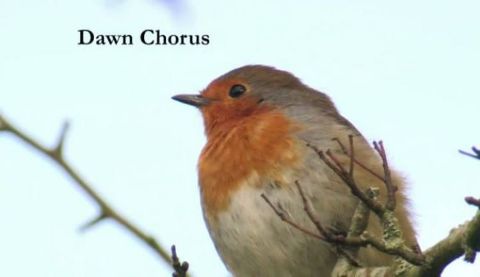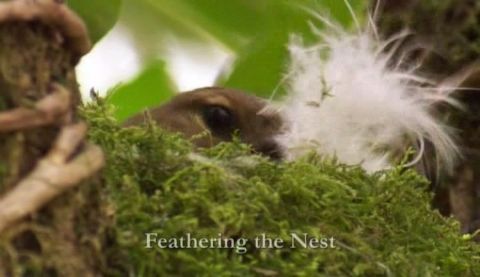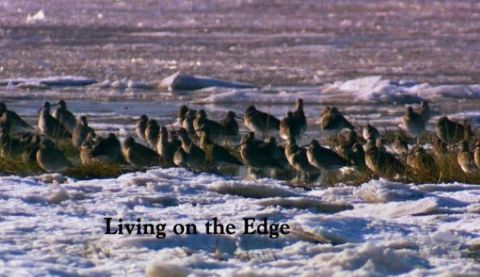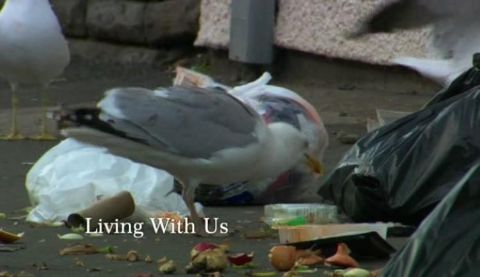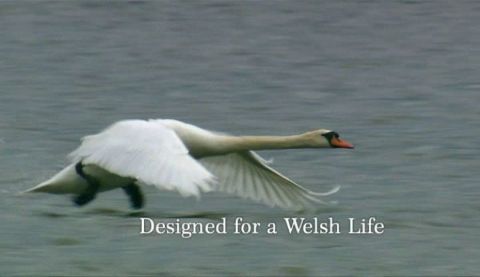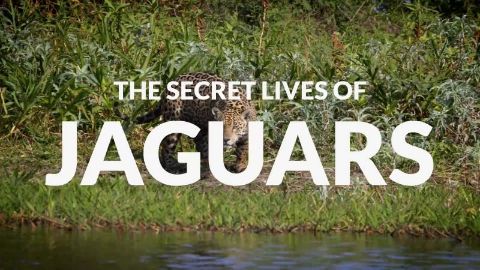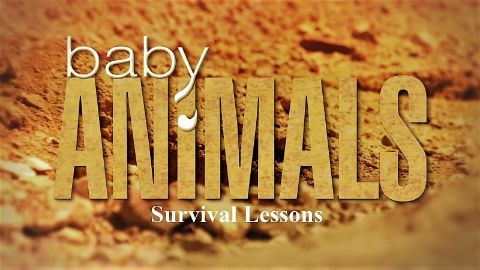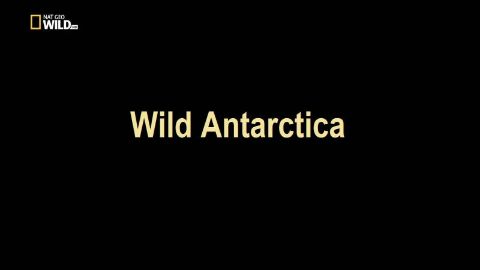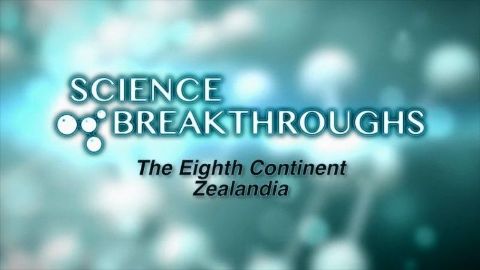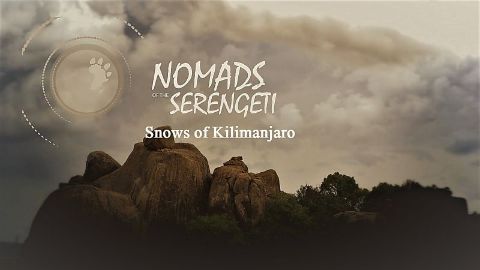Feathering the Nest • 2012 • episode "S1E2" • Secret Life of Birds
In this episode, Iolo investigates the courtship and nesting behaviour of birds, including the amazing courtship display of great crested grebes at a reservoir near Pontypool, the impressive sky dance of hen harriers in the dramatic Cambrian Mountains, how nuthatch use mud like cement to prepare their nest in a woodland near Harlech, and why long-tailed tits near Newtown are exceptional nest builders. On the Lleyn Peninsula near Trefor, he looks at why one colony of shags nest earlier than any others in Wales, and in Pembrokeshire he finds out where house martins nested before they used our buildings. Iolo also looks at the variety of places birds like to nest, from little ringed plovers on shingle banks along the River Tywi to puffins underground on Skomer.
Make a donation
Buy a brother a hot coffee? Or a cold beer?
Hope you're finding these documentaries fascinating and eye-opening. It's just me, working hard behind the scenes to bring you this enriching content.
Running and maintaining a website like this takes time and resources. That's why I'm reaching out to you. If you appreciate what I do and would like to support my efforts, would you consider "buying me a coffee"?
Donation addresses
BTC: bc1q8ldskxh4x9qnddhcrgcun8rtvddeldm2a07r2v
ETH: 0x5CCAAA1afc5c5D814129d99277dDb5A979672116
With your donation through , you can show your appreciation and help me keep this project going. Every contribution, no matter how small, makes a significant impact. It goes directly towards covering server costs.
